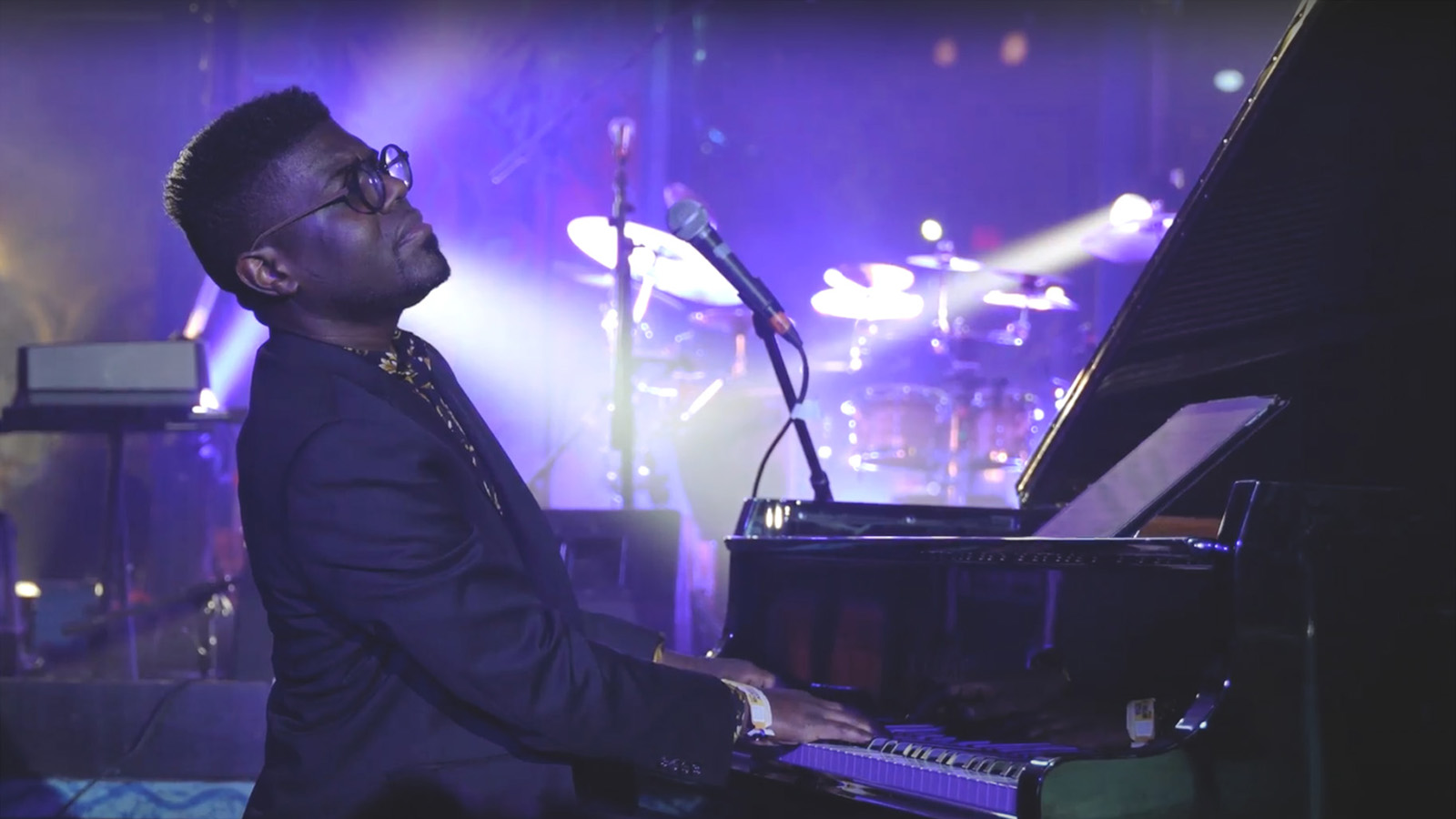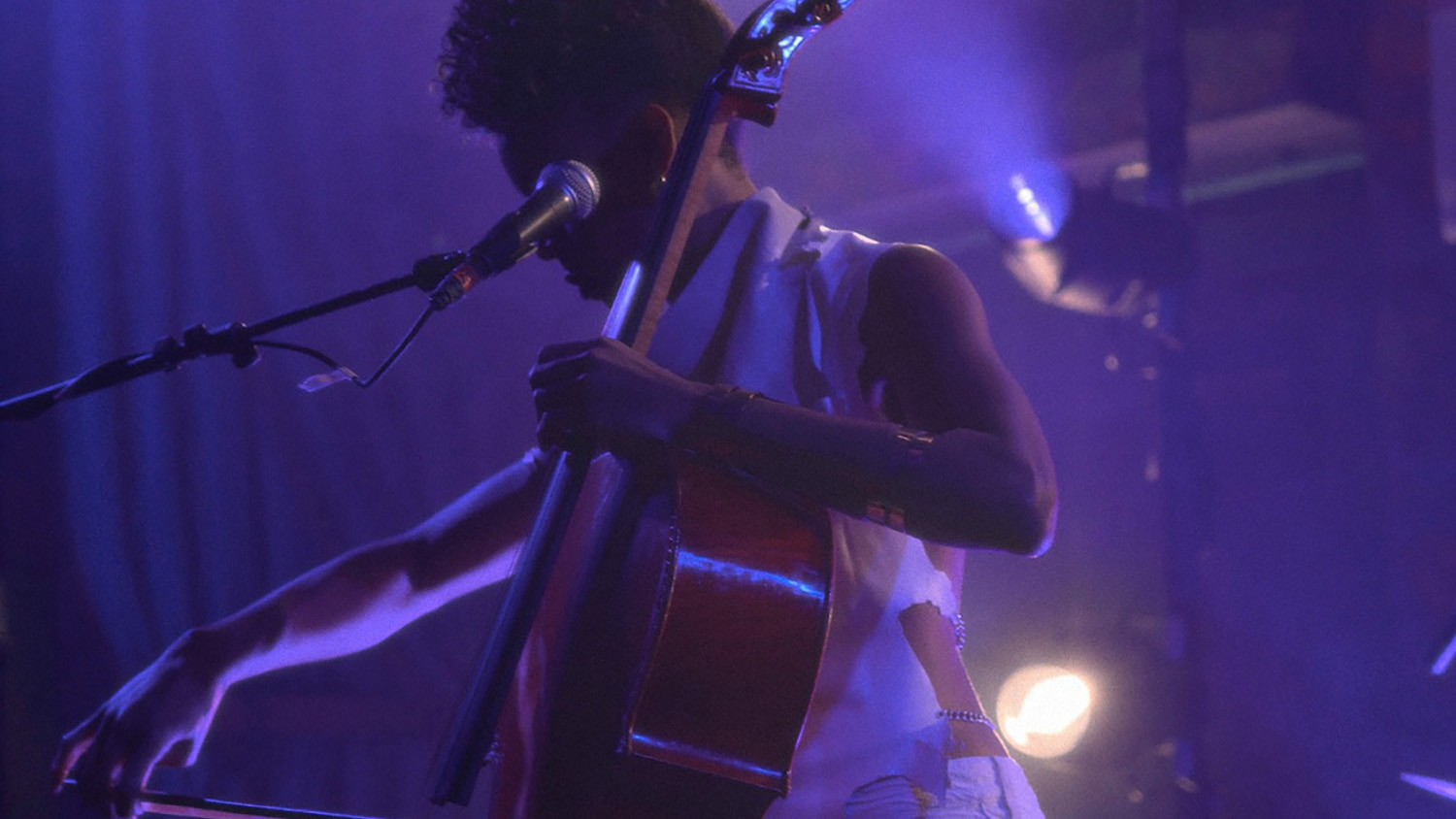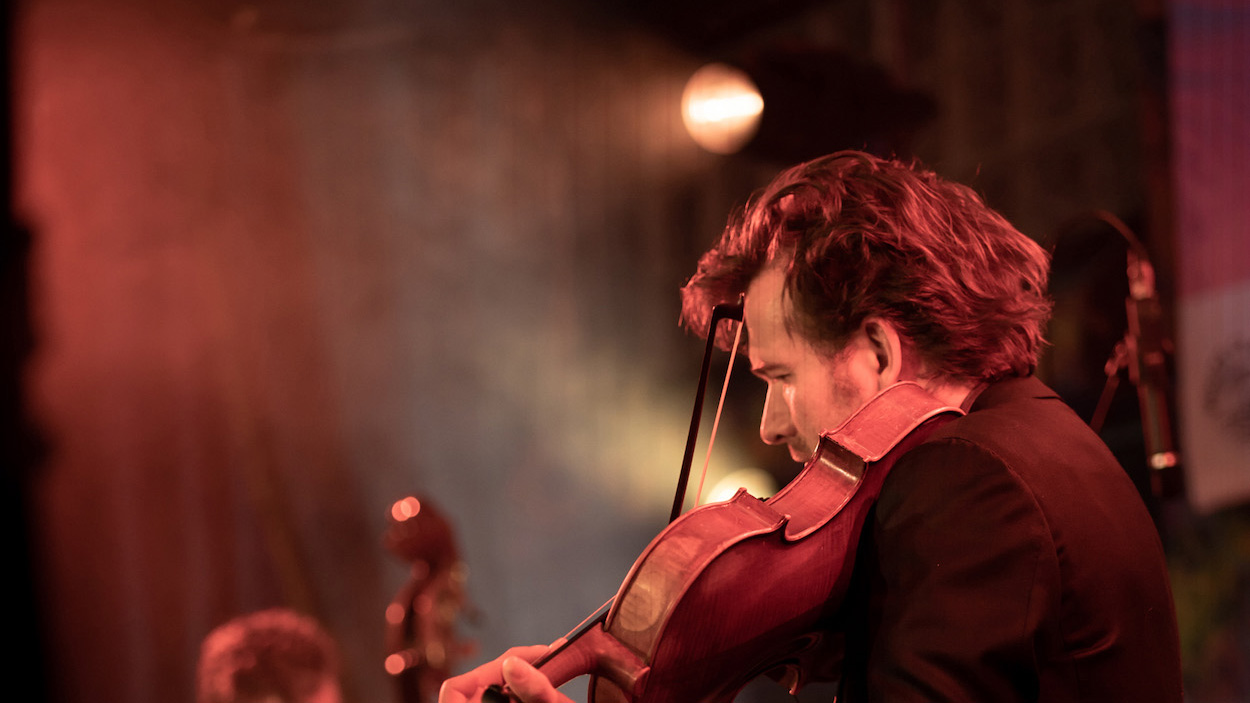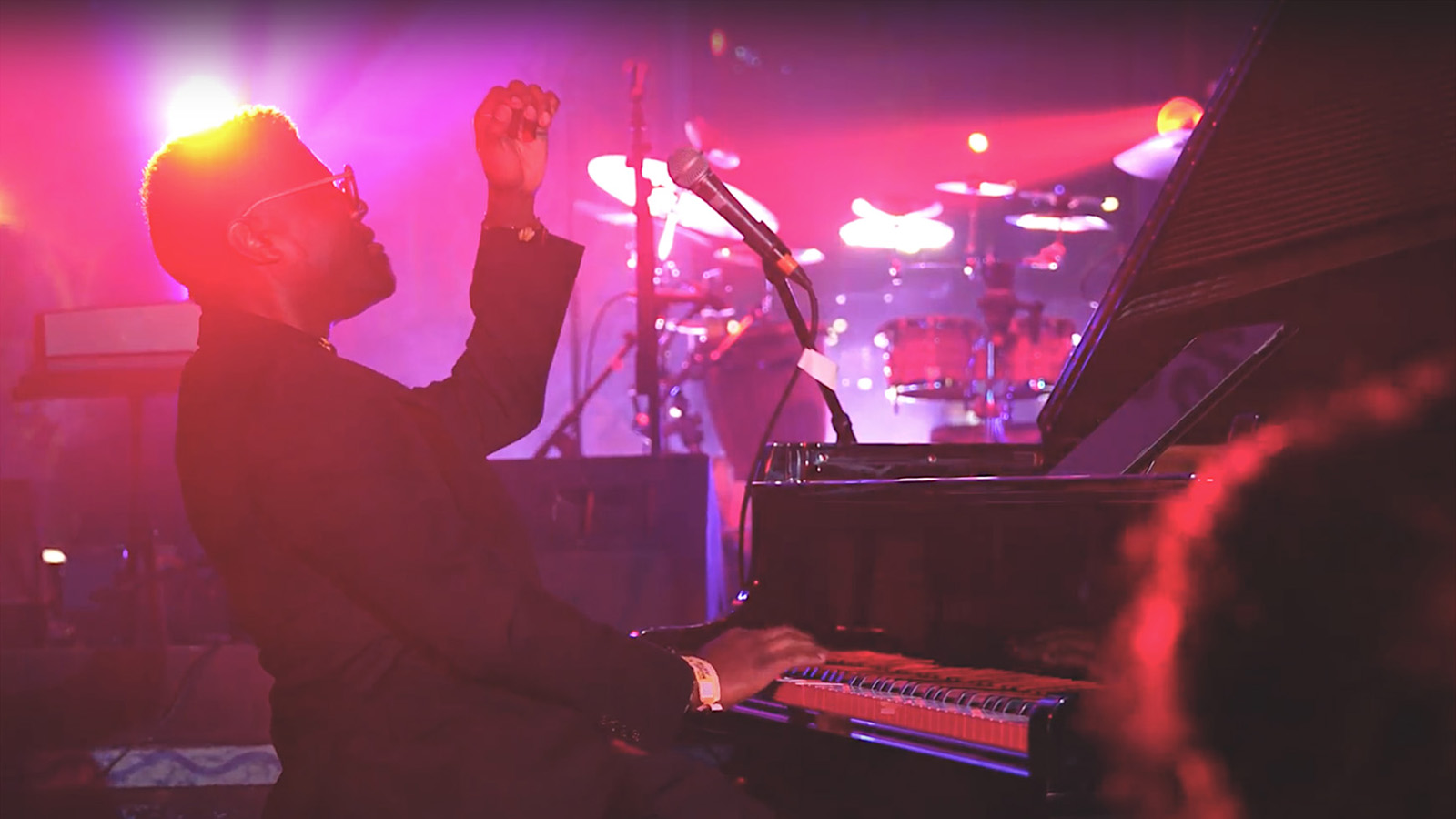impression X4 Bars and compact impression FR1’s to the fore at Austin’s Esther’s Follies
This year’s South By Southwest Music Festival (SXSW) in Austin, TX provided a unique classical music showcase into its multi-cultural annual event.
The brainchild of Thea Paraskevaides from Brighton-based ‘Artists&’, the underlying concept was to close the gap between classical musicians and audience via integration and collaboration—aimed at creating a fluid and dynamic experience for the audience. “I want to move classical music more into the mainstream,” she declared. And production lighting would play a vital role in that process.
Having walked onto the GLP booth at Frankfurt’s Prolight+Sound she could see how the introduction of a dynamic lighting component would act as the conduit for her mission. “By incorporating immersive tech with a creative lighting design we could break down these barriers,” she believed. GLP immediately offered to help.
Given a choice of venues by the organisers she opted for Esther’s Follies, a quirky, brightly coloured downtown cabaret / vaudeville theatre. With only a relatively basic house rig, which would need to operate independently, the addition of a GLP floor package would bring the performance to life. This comprised four impression X4 Bar 10 battens and eight ultra-compact impression FR1 moving LED heads—expertly designed and programmed by Dash Speer, who runs local tech suppliers, Limitless Lights & Sound.
Faced with a small stage he sensed the linear X4 Bars would be a great fit to provide movement behind the artists upstage, without sacrificing a lot of stage. “The FR1’s we pre-rigged on threaded pipes, then rode them in J-hooks in the truck. This rig then went up in under 30 minutes,” he said. “While we’ve had hands-on experience with the impression X4, the impression FR1 is new to us. This unit provides a compact beam and wash fixture at a size no larger than a par, with a more prestigious look for eye candy [than competitors].
Speer programmed a cue list of looks with the house LD, “focused on drama, key, and primary colour” directed by Limitless’ in-house LD Justin Estes. He also built a ‘busk’ page while following Speer’s preprogrammed cue-list in a more ‘instrument-like’ manner. “This meant riding fade times by hand, relative effects programming, live updating values, tap tempos, bump cues, delays, and a built-out punt page all the way down to crowd blinder cues with the FR1s at max zoom,” as Speer put it. “Classical music can be very technical, and while the players have a ton of skill, they must show restraint while playing a highly complicated piece musically. That ethos, Justin absolutely nailed.”
The artists themselves had also contributed to the cues, allowing them to tell their own individuals stories. This was essential, as pianist AyseDeniz Gokcin explained: “Lights provide visual context to the piece; the energy is then passed to the audience in a heightened way. I love creating not just music but an experience with the help of great lighting design—the immersive aspect of it really helps me communicate with the audience directly.”
As for Thea Paraskevaides, she was engaged throughout the week on SXSW’s Classical Showcase, which included discussions, but it was the ‘Classical Reimagined’ event, showcasing six acts at Esther’s Follies, that set the blueprint for future activity.
Dash Speer also expressed his delight at being able to use the GLP fixtures. “Most of my experience with GLP products previously had been in large venue and arena productions, where the impression X4 Bars and JDC1s really shine,” he said. “The ‘wall of light’ you can make when you fly out X4 Bars is like nothing else.”
In summary, he said, “We were extremely honoured get to work with [Thea] on this classical showcase. The goal was to connect the audience and the performers by wrapping them in an evolving lighting show that rises and falls with the intensity of the music—and I feel we achieved that.”
Of the GLP fixtures, he concluded, “It’s not every day I get the keys to drive whatever I want. The FR1s did a really nice job in all those slow transitions, and fast zoom/colour bumps and blind looks, while the X4s were a workhouse on that upstage edge, providing ample and dramatic backlight whenever needed.”
As for her own summary Thea Paraskevaides says she was delighted to have staged an event that was the first of its kind, with a discussion panel and showcase linked together. She also reports that the organisers were as happy as she, as to how artists performed on the night under the production lighting.
“It was great to be able to put classical music into such an eccentric venue where lighting was fundamental to making this work and a crucial part of the event’s success.
We’re indebted to GLP for supporting this at grass roots level. There were moments when I noticed just how absorbed the audience was, and that was very special.”





